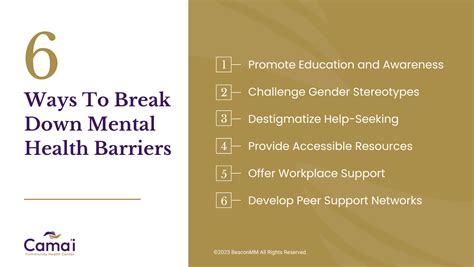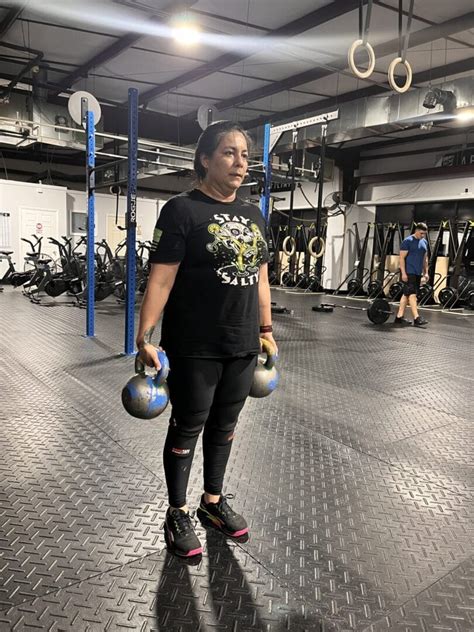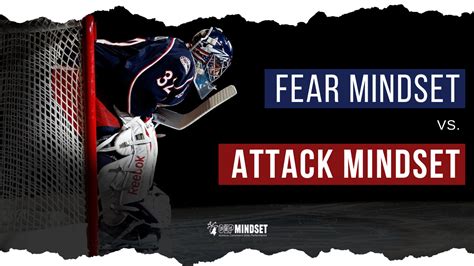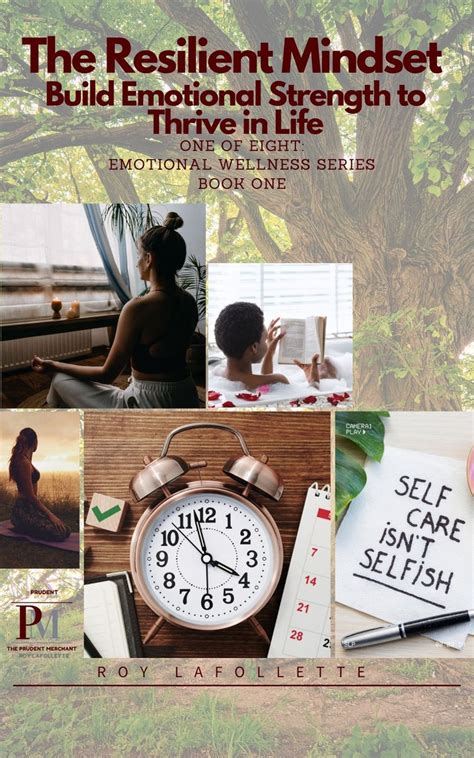The Invisible Walls: Internal Barriers to Men Seeking Help
For many men, the decision to ask for help, whether it’s for mental health, emotional support, or practical guidance, is fraught with internal conflict. While external factors like societal stigma play a role, a powerful set of internal barriers often stands between a man and the support he needs. These aren’t just thoughts; they are deeply ingrained beliefs and fears that can make the simple act of reaching out feel like an insurmountable challenge.

1. The Imperative of Self-Reliance
From a young age, many men are taught, explicitly and implicitly, that strength means handling things on their own. The message is clear: ‘be a man,’ ‘suck it up,’ ‘don’t be a burden.’ This cultural programming cultivates a fierce sense of self-reliance, making the act of asking for help feel like an admission of failure. The internal dialogue often revolves around the idea that true strength lies in solitary struggle, not in collaboration or vulnerability.
2. Fear of Vulnerability and Perceived Weakness
Opening up requires vulnerability, which many men are conditioned to view as a weakness. The fear of being seen as less capable, less masculine, or even incompetent can be a paralyzing force. This fear isn’t just about how others might perceive them; it’s also about a deeply personal discomfort with their own emotional landscape. Acknowledging a need for help means confronting an internal sense of inadequacy, which can be profoundly unsettling.
3. Pride and The ‘Strong Silent Type’ Ideal
Pride, when unmanaged, can be a significant barrier. The ‘strong silent type’ archetype, while often admired, can create an internal pressure to maintain an unshakeable facade. Admitting to struggling or not knowing how to fix a problem can feel like a direct assault on one’s ego and sense of self-worth. This internal narrative prioritizes appearing composed and in control, even when facing significant internal turmoil.

4. Lack of Emotional Literacy
Some men grow up without the tools to identify, understand, or articulate their emotions effectively. If you can’t name what you’re feeling – whether it’s anxiety, sadness, or overwhelm – it becomes incredibly difficult to explain to someone else that you need help. This lack of emotional literacy can lead to internal confusion, making the problem seem nebulous and therefore impossible to address, let alone ask for assistance with.
5. Fear of Being a Burden
Another common internal barrier is the fear of being a burden to others. Men may worry that their problems will overwhelm friends, family, or colleagues, or that they will be seen as demanding too much. This fear stems from a desire to be perceived as a contributor, a provider, or someone who adds value, rather than someone who requires assistance. It can lead to internalizing struggles, believing it’s better to suffer in silence than to impose on others.
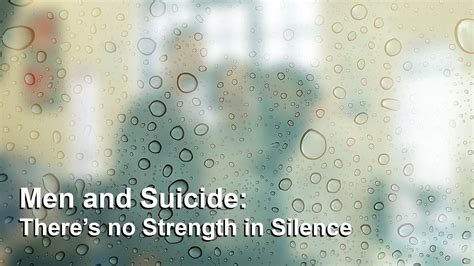
6. The Belief That Problems Will Resolve Themselves
Sometimes, an internal optimism, or perhaps a form of denial, leads to the belief that if left alone, problems will simply disappear or resolve themselves over time. This can be a delaying tactic, driven by discomfort with confrontation or the effort required to seek help. It’s a hope that internal struggles will naturally subside, postponing the perceived difficult step of externalizing them.
Breaking Down the Internal Walls
Recognizing these internal barriers is the first step towards dismantling them. Encouraging men to seek help involves not just reducing external stigma, but also fostering an environment where these deeply personal internal conflicts can be addressed. It means redefining strength to include vulnerability, teaching emotional literacy, and reinforcing that asking for help is not an admission of weakness, but an act of courage and a proactive step towards greater well-being.

